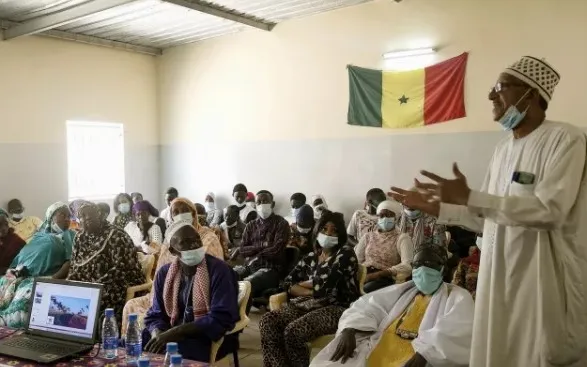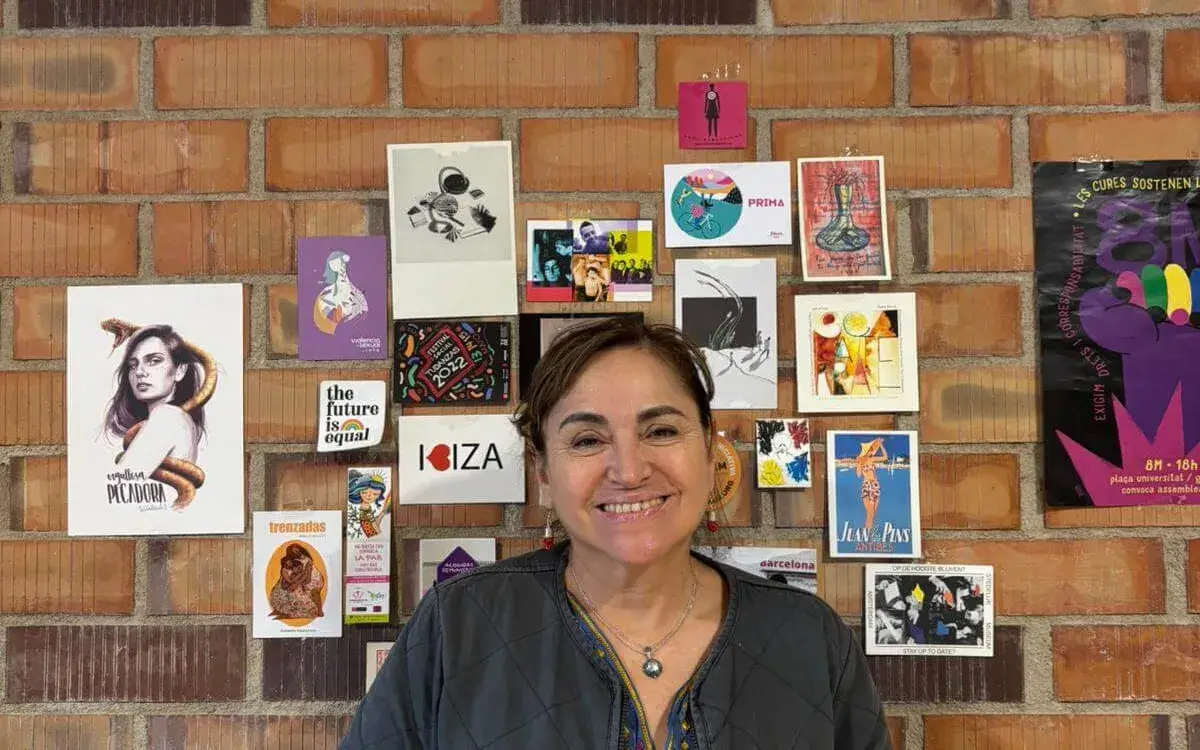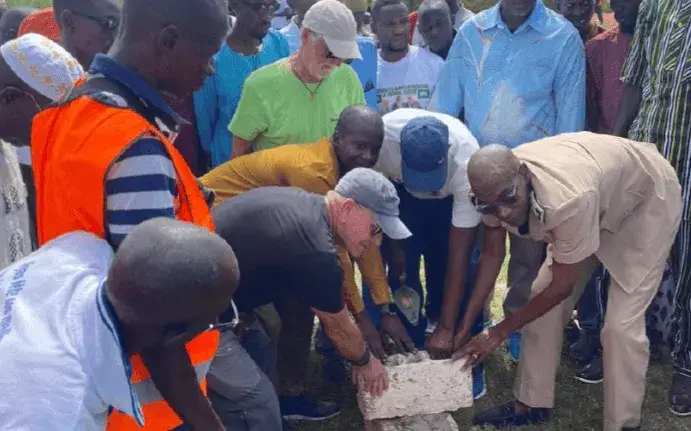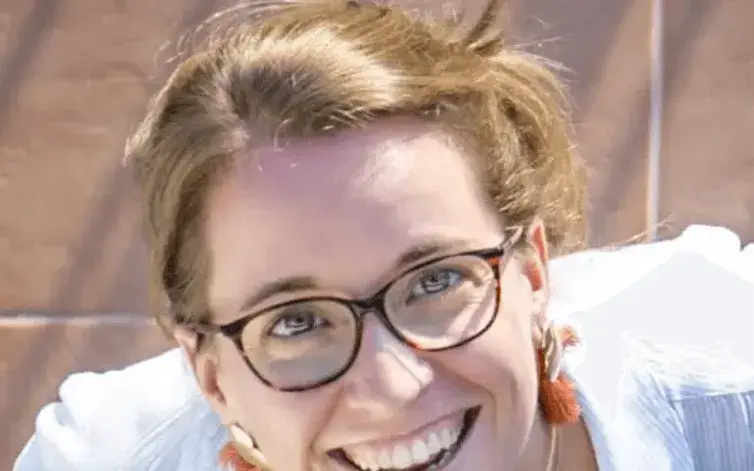Proactiva Open Arms launched the project Origen because many people rescued at sea expressed the idea that had they received more information they wouldn’t have embarked on the journey.
Senegal is the second most dynamic country in the poorest region in the world. Most of the population is lacking in basic needs such as education or healthcare and the median age is 19. A majority work in agriculture and fisheries, which are two activities that are under threat from exploitation from the global north. The lack of work and education opportunities and the dreams of prosperity in Europe have pushed almost 77,000 to migrate to Spain.
One in 18 migrants drown during the journey and 90% are exposed to sexual, physical or psychological violence. The pilot project Origen of the NGO ProActiva Open Arms has the main goal of informing the local population of the risks of migrating so they can take the decision better informed and with more freedom.
"Had I known this, I wouldn’t have embarked on the journey”. The hours spent by volunteers from the organization with people rescued out at sea made it clear they were lacking information on irregular migration routes and the lack of opportunities in Europe. That is why they wanted to debunk the myth of European prosperity when you live in a complicated financial situation.
The diaspora is a double-edged sword: people who leave either try calming their family and hide their complication or they do explain these but are treated with distrust. The visual culture makes things worse: “They’ll post a picture next to the Eiffel Tower and we believe that an image speaks a thousand words”, Carmen Torres regrets; she lives in Senegal and has been coordinating the project for three years.
Torres explains the risks and tries debunking the fake news that people believe because they don’t know of the reality in Europe; information such as “the Mediterranean is a river” that is easy to cross, or “the deaths caused by Covid-19 have left vacant jobs in Europe”. It is not about convincing people not to leave, she says with conviction: “We defend the right to migrate, it is a fundamental and natural right. People migrate, there are humans everywhere; birds migrate, whales migrate”.
On the other side of the coin, the goal of Origen is also to reinforce the Senegalese imagery. For this they select people from the community with different profiles through associations in different places and provide them with transversal training on issues such as migration and human rights, humanitarian affairs, the Internet and social media, or gender. Then these people, who are called Captains of information, go and talk in the communities.
This task has found a space in a society where associations have a longstanding tradition, especially among women who organize what is known as ‘tontines’ where they collect money for those in greatest need.
Local entrepreneurship
Besides offering information, they also train communities in the use of digital tools at IT knowledge centres in collaboration with the Polytechnic University of Catalonia (UPC) and help setting up entrepreneurial projects for which they seek funds. A bakery, a laundry or a primary healthcare facility specializing in gender-based violence are some of the initiatives from the local population.
"What would happen if a family used the same amount of money they invest in a journey, with the risk of dying it entails, in setting up a small business in Senegal instead?” This is the message they try conveying to the population, because many thing that those willing to migrate are entrepreneurs. “They look up to their neighbour whose son goes to Europe and they live in a house that doesn’t flood during the rainy season”. Origen has managed to show that there are people who also “have a big house without having to leave the country because they’ve worked hard for it”.







Add new comment